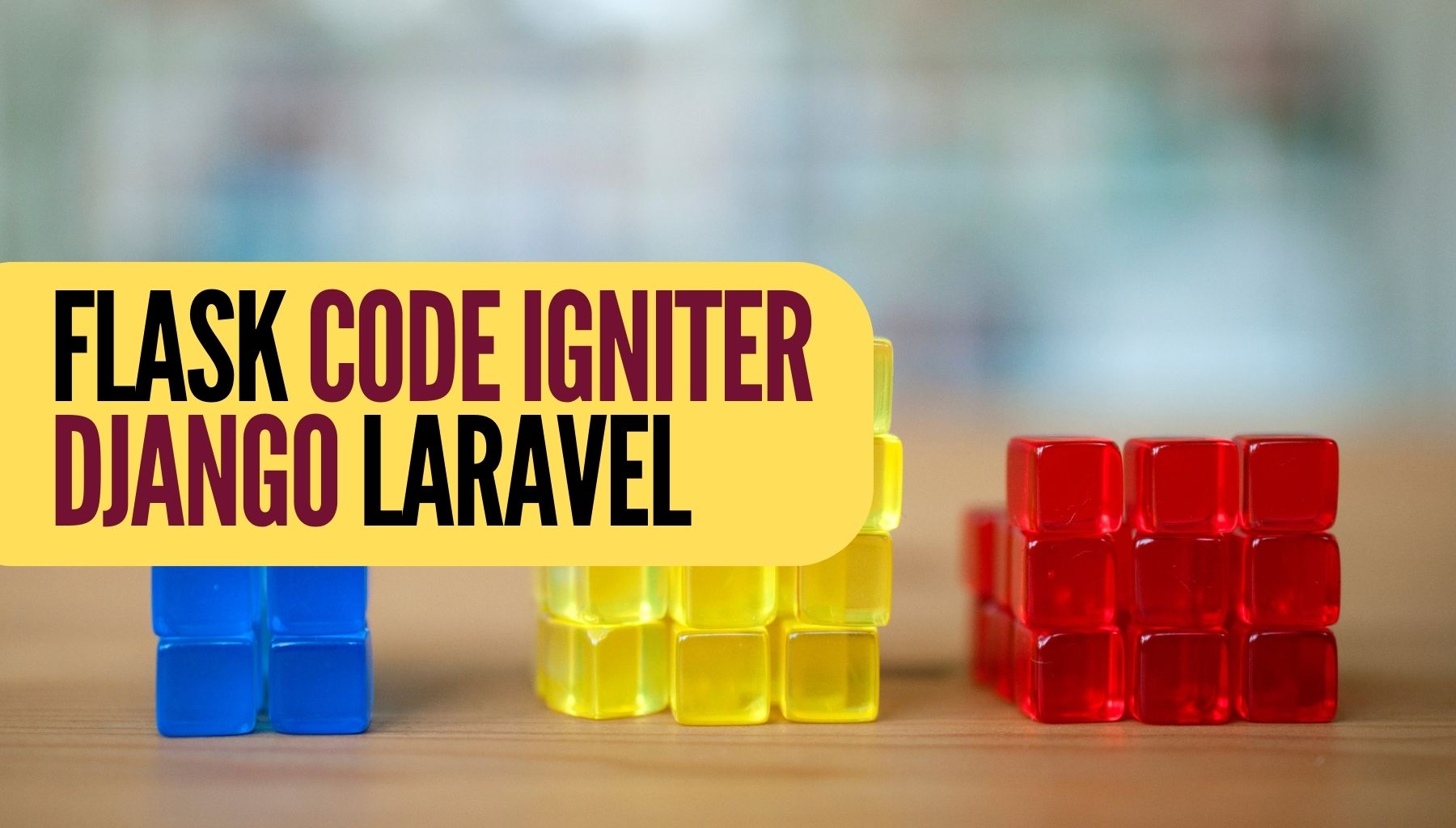Choosing the right framework can significantly impact a project’s success. Two sets of frameworks often find themselves in parallel discussions: Flask and CodeIgniter, known for their lightweight and flexible nature, and Django and Laravel, recognized for their comprehensive and feature-rich offerings.
Flask and CodeIgniter: Embracing Simplicity
Flask: The Micro-Master
Flask, a micro-framework for Python, embodies the essence of simplicity and flexibility. Developers who appreciate a minimalist approach often turn to Flask, as it provides only the essentials for building web applications. With Flask, the freedom to choose components allows for a tailored development experience. For instance, when crafting a basic web server in Flask, the code might resemble the following:
from flask import Flask
app = Flask(__name__)
@app.route('/')
def hello_world():
return 'Hello, World!'
if __name__ == '__main__':
app.run()CodeIgniter: Lightweight Powerhouse
In the PHP realm, CodeIgniter stands as a lightweight yet powerful framework. Similar to Flask, CodeIgniter provides essential tools without imposing a rigid structure. Developers can quickly get started, and the framework’s simplicity is evident in its clean and concise syntax. Below is a simplified example of a CodeIgniter controller:
<?php
class Welcome extends CI_Controller {
public function index()
{
$this->load->view('welcome_message');
}
}Django and Laravel: The Full-Stack Giants
Django: Python’s Full-Stack Darling
Contrasting the micro-frameworks, Django, a full-stack web framework for Python, embraces the « batteries-included » philosophy. Django provides a comprehensive set of built-in features, including an ORM system, authentication, and an admin interface. For instance, creating a basic Django model and view might look like this:
# models.py
from django.db import models
class Book(models.Model):
title = models.CharField(max_length=100)
author = models.CharField(max_length=50)
# views.py
from django.shortcuts import render
from .models import Book
def book_list(request):
books = Book.objects.all()
return render(request, 'books/book_list.html', {'books': books})Laravel: PHP’s Eloquent Creator
In the PHP ecosystem, Laravel shines as a full-stack framework, providing an elegant and expressive syntax. Laravel’s ORM, Eloquent, simplifies database interactions, and the framework includes features like routing, templating, and authentication out of the box. Below is a snippet illustrating a basic Laravel route and controller:
// routes/web.php
Route::get('/books', 'BookController@index');
// app/Http/Controllers/BookController.php
public function index()
{
$books = Book::all();
return view('books.index', ['books' => $books]);
}Choosing the Right Path
Ultimately, the choice between micro and full-stack frameworks boils down to the specific needs of a project. Flask and CodeIgniter offer flexibility for smaller projects, while Django and Laravel provide a structured approach for more extensive endeavors.
Whether opting for simplicity or comprehensive features, developers navigate the diverse landscape of web frameworks armed with the tools best suited for their coding journey.


